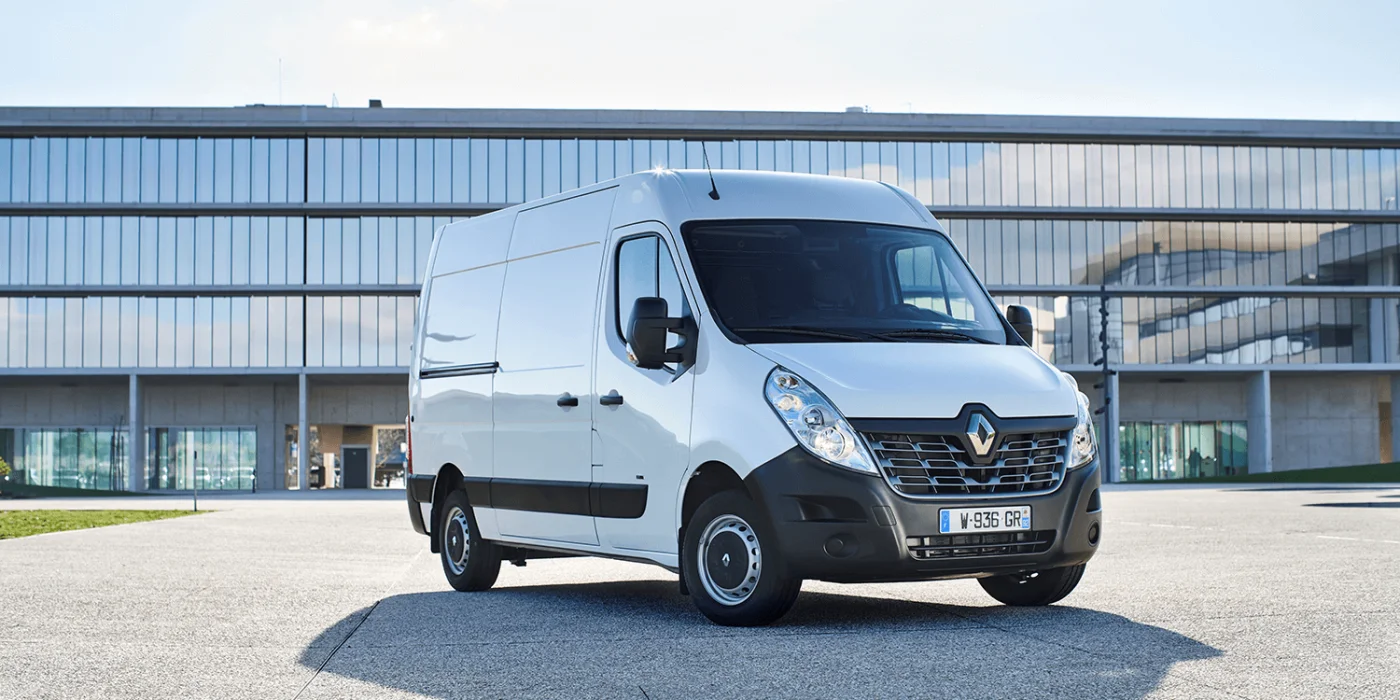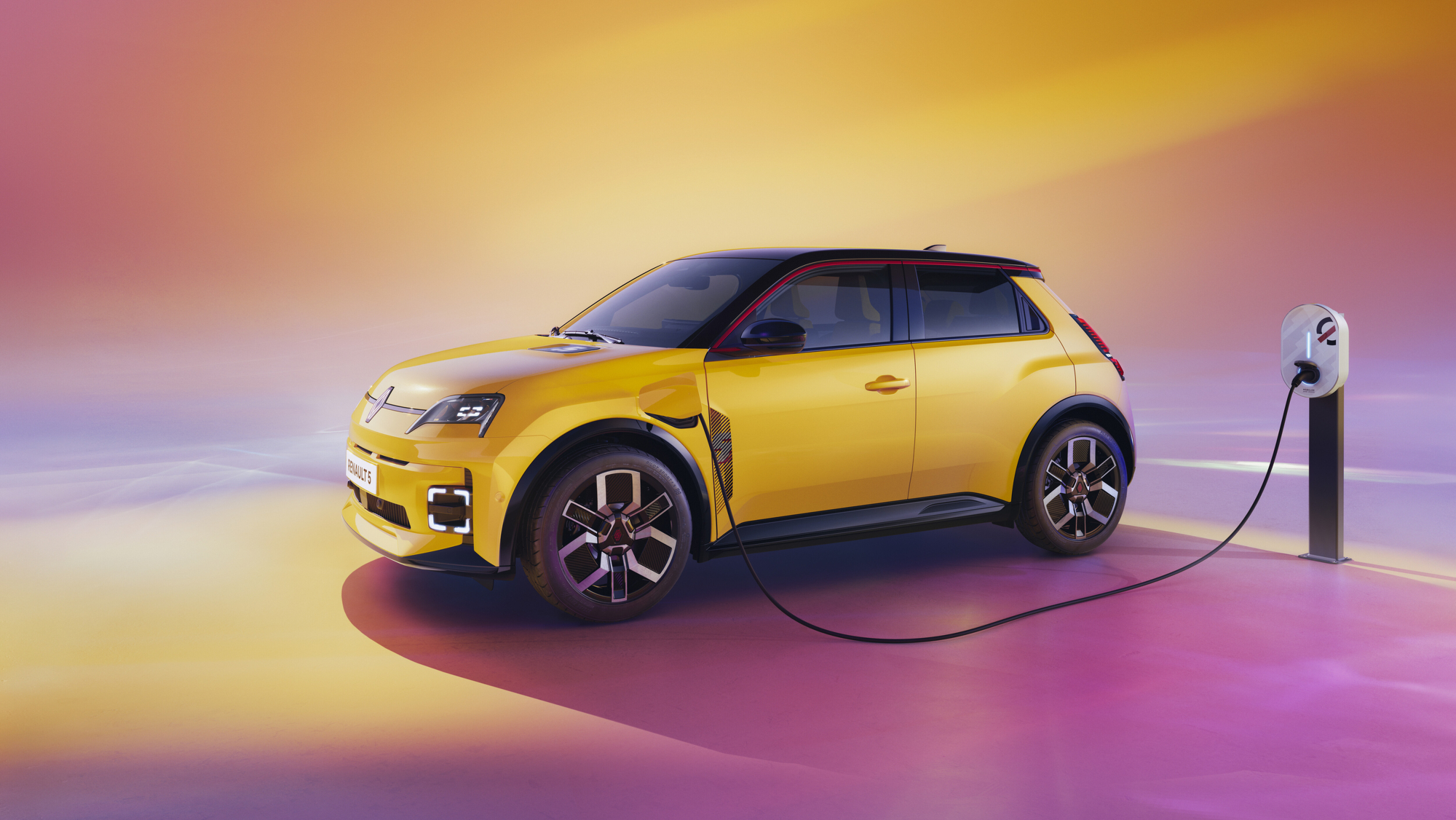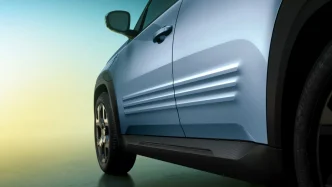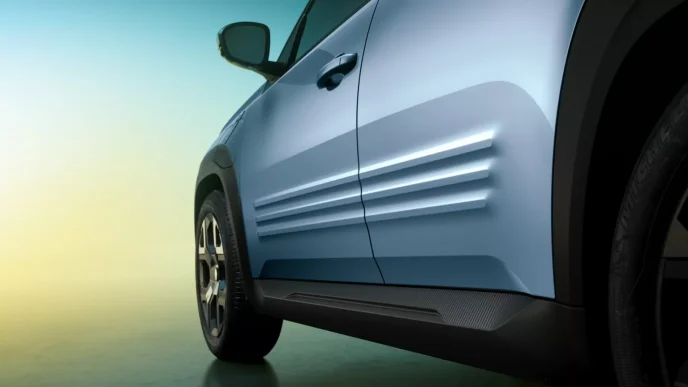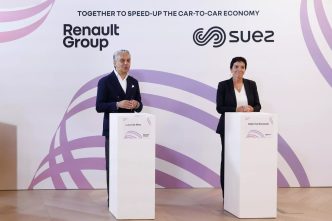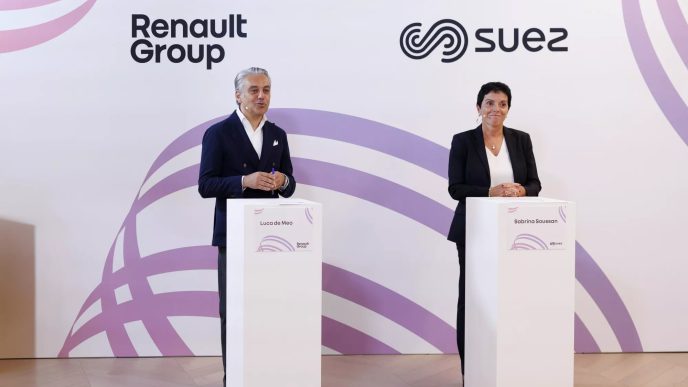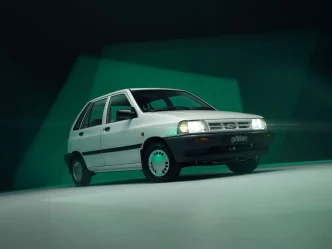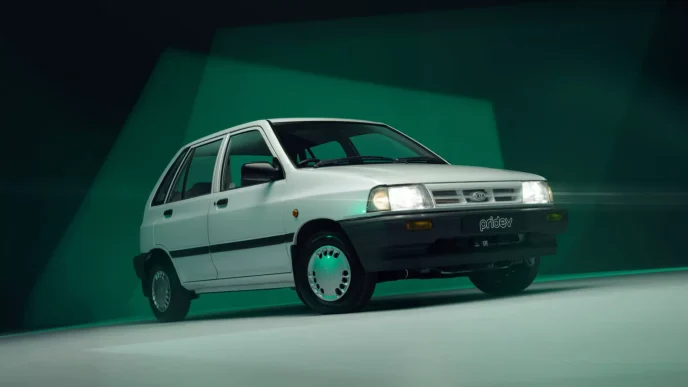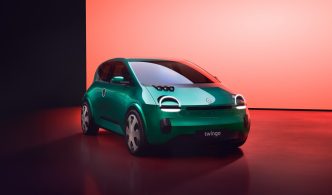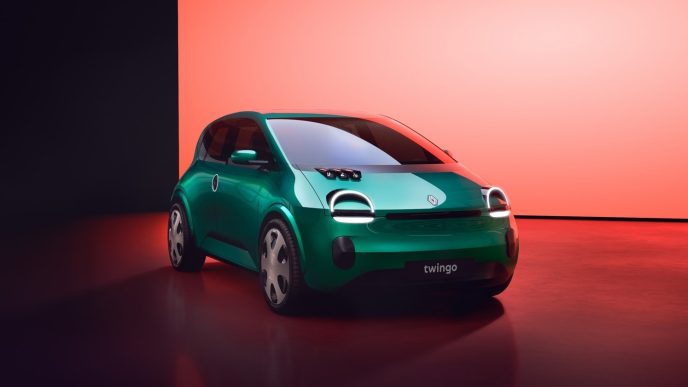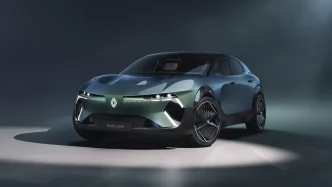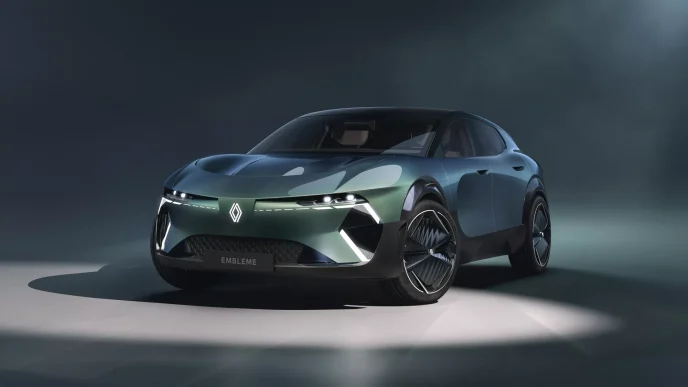Renault announced on Monday a collaboration with conversion specialist TOLV to introduce electric retrofit kits for Renault Master III vans in France. The initiative, set to take place at Renault’s Refactory in Flins, aims to provide an economical alternative for businesses looking to transition existing combustion engine vehicles to electric power.
The retrofit kit, developed by TOLV, includes a 57 kW electric motor, automatic transmission, and a 52 kWh battery, offering a WLTP range of up to 200 kilometres on a full charge. Renault stated that the vehicle can charge with 22 kW AC and comes with a two-year warranty on the retrofit kit itself, alongside a four-year or 150,000 kilometre warranty on the traction battery. The price, set at 26,900 euros plus tax after deduction of the national retrofit bonus in France, positions the offering competitively against purchasing new vehicles.
In a press release, Renault emphasized the environmental benefits of retrofitting, highlighting its potential to extend vehicle lifespans and reduce overall ecological footprints. The partnership with TOLV, a startup founded in 2018 and previously known as Phoenix Mobility, underscores Renault’s commitment to advancing circular economy practices in the automotive sector.
Renault’s broader strategy includes The Future is Neutral, a subsidiary launched in 2022 with the goal of leading Europe’s circular economy for motor vehicles by 2030. This initiative focuses on refurbishing and retrofitting vehicles, analyzing and repairing batteries, and promoting structural developments in circular economies. The Flins site plays a pivotal role, aiming to recondition more than 3,000 components annually, including electric motors and batteries, starting this year.
The company’s circular ecosystem is built on four strategic pillars: “re-trofit, re-energy, re-cycle, and re-start,” encompassing refurbishment, energy management, recycling, and business development initiatives. Renault aims to achieve a turnover exceeding 2.3 billion euros and a margin exceeding ten per cent by 2030 through its circular economy efforts.

